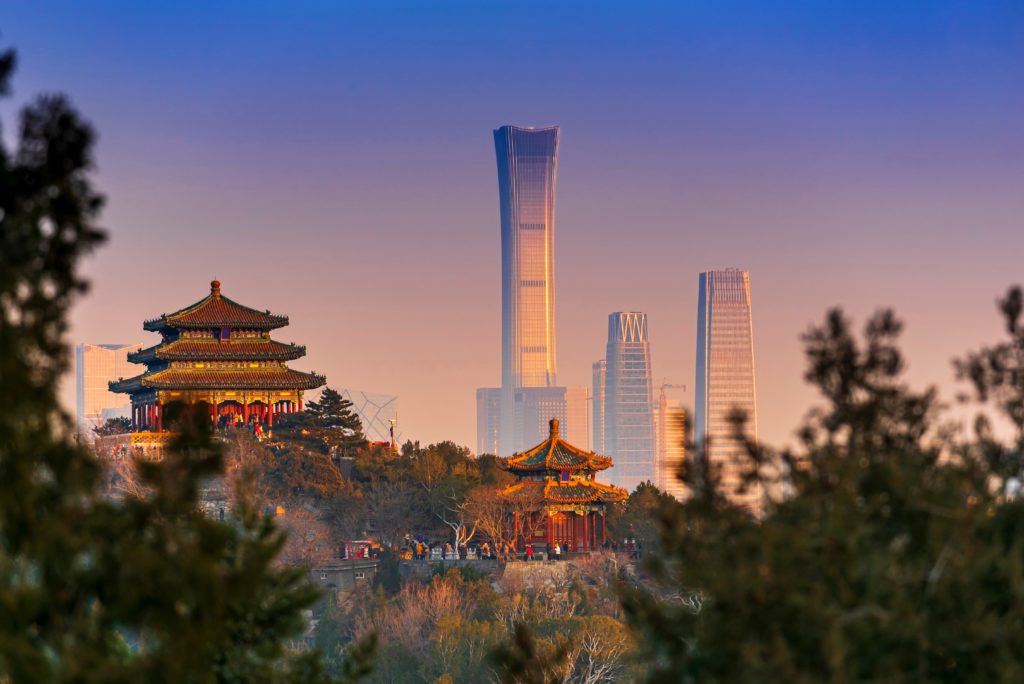The Peninsula
Sinosphere Responds to Seoul’s Objection to Chinese Ambassador’s Remarks

Recent remarks by China’s ambassador to Seoul have prompted strong and diverse reactions from media and politicians in the region. During a press spray prior to having dinner with South Korea’s opposition Democratic Party leader Lee Jae-myung at the Chinese ambassador’s residence on June 8, China’s Ambassador Xing Haiming in prepared remarks cautioned South Korea to mind its closeness with the United States with the ominous words “those who bet against China now will regret it in the future.” South Korean official sources, including the Presidential office, objected to the statement as a breach of diplomatic protocol, and suggested Beijing needed to take “appropriate measures.”
The comments, which were formally presented in front of journalists and released on the Chinese embassy’s website, came as a shot across the bow within Korea, where public opinion of China was already low. Thought to depart from the norms of diplomatic etiquette for ambassadors, they were especially controversial as they were directed in the setting of meeting with the leader of the opposition party. Among opinions offered in the Korean reaction were thoughts that the comments amounted to interference by a foreign power in Korea’s affairs resembling “wolf warrior diplomacy” and were an atavism of earlier periods in Korea-China relations.
During a cabinet meeting following the incident, President Yoon Suk Yeol was said to have lamented the comments, while simultaneously insisting that “the relationship between the two countries should not suffer due to such incidents, regardless of the individual actions of Ambassador Xing.” U.S. National Security Council spokesman John Kirby joined in responding to the ambassador’s remarks by calling them out as a “pressure tactic” and emphasized Seoul’s right to sovereignty over foreign policy decisions. Others within South Korea were even more direct in their criticism. According to reporting by the progressive Hankyoreh newspaper, members of the ruling People Power Party insisted on declaring Ambassador Xing persona non grata and called to expel the ambassador. Vice Foreign Affairs Minister Chang Ho-jin called the remarks “unreasonable and provocative” while Foreign Minister Park Jin joined in stating that the comments had “gone too far.” All remained within a single general theme: anger at what appeared to be a departure from expected diplomatic etiquette and irritation at China pressing for a one-or-the-other foreign policy choice.
The reaction from China, both official and in the media, defended the ambassador’s remarks. The Chinese foreign ministry’s official response called for commentators to “not inflate the issue”, but Chinese netizens and news outlets were quick to join the conversation. A search for the hashtag “China-Korea relations” (#中韩关系#) yielded substantial results on Weibo in the wake of the incident and prompted a flurry of images and content defending the ambassador’s remarks. The South China Morning Post (SCMP) highlighted how Ambassador Xing’s remarks reflected President Biden’s own statements at the State of the Union in February, where he said “it’s never ever a good bet to bet against America.” While perhaps China felt that the rhetoric of such remarks was within the spirit of the times in relation to the Biden speech, Ambassador Xing’s words may be interpreted as a binary choice between China and the United States.
China’s state news outlet China Daily seemed to pass the blame of the controversy on Korean news agencies themselves. In an article from June 13, they asserted that the incident was widely reported on in Korea, but sparsely covered in Chinese media, with the Korean government’s response “not specifying” which comments were viewed as inappropriate. In line with the theme of doubling down on their position, former editor-in-chief of the more hardline Global Times Hu Xijin published an editorial in his former newspaper castigating Korea for “hyping” the incident to attract attention from the United States and insisted that China not cave in to pressure from South Korea to replace its ambassador.
Ambassador Xing Haiming’s comments, and particularly the choice to deliver them on the occasion of hosting South Korea’s opposition leader at his residence, struck many South Koreans as part of a continuing Chinese effort to sow division internally within South Korea as well as to wedge-drive between Seoul and Washington. Following President Yoon’s inauguration in May 2022, controversy emerged when China reportedly called on the new South Korean administration to reaffirm the “three noes” principles relating to foreign policy and security relations during the previous Moon administration. Xing’s remarks preluded U.S. Secretary of State Antony Blinken’s trip to China which ended this week with an expressed hope for “better engagement going forward” between China and the United States. Seoul is watching all this carefully, and it was important that Assistant Secretary of State for East Asia Daniel Kritenbrink stopped in Seoul immediately after Blinken’s Beijing visit to give a read-out to South Korean officials.
The Yoon administration has emphasized strengthening the alliance with the United States and improving relations with Japan. The diplomatic kerfuffle over Amb. Xing Haiming’s meeting and remarks is a reminder of the pressures on South Korea as the Yoon Administration’s China policy is fleshed out.
Tom Ramage is an Economic Policy Analyst at the Korea Economic Institute of America. The views expressed here are the author’s alone.
Photo by iamlukyeee from Shutterstock.
